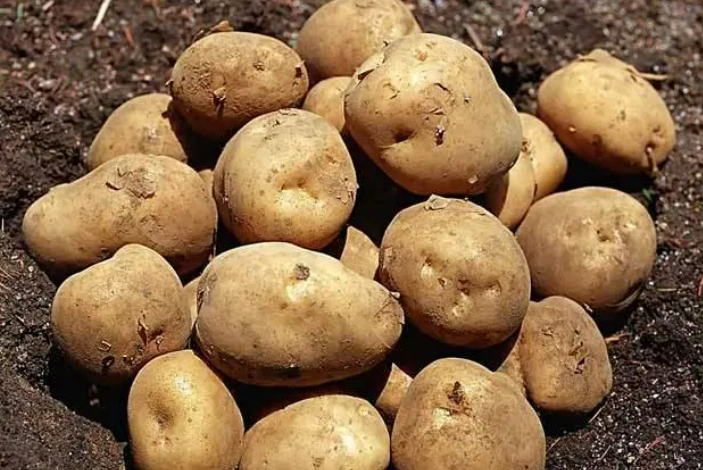The suppression of phytosanitary products and climatic adversities reduce onions and potatoes by 50%
The Valencian Association of Farmers (AVA-ASAJA) denounces "the systematic suppression of active phytosanitary materials to combat pests and diseases by the European Union and the climatic adversities accumulated during the spring -persistent rains, arctic cold wave and winds de Poniente– reduce by 50% the production pending harvest of onions and potatoes in the Valencian regions of L'Horta and La Ribera". The organization warns that this important collapse in harvests, together with the historical escalation in production costs, "sinks profitability and threatens to further reduce its surface area and even become the next two crops to disappear from the Valencian orchard ”.

AVA-ASAJA criticizes that horticulturists are "defenseless and without solutions" to deal with fungi -mainly mildew in onions and Alternaria in some potato plots-, whose attacks have been favored by the climatic anomaly. Due to this year's ban on mancozeb and dimetamorf, farmers have had to resort to “more expensive and less effective” alternatives; not surprisingly, there are farms that suffer production losses despite applying up to 14 applications since December.
The president of AVA-ASAJA, Cristóbal Aguado, denounces that "as is the case with South African content in citrus fruits or leaf spot in persimmons, the production losses that we are suffering in onions and potatoes are another example of the failure of the European Green Deal. The European Union has banned two thirds of authorized plant protection substances in a decade, but, far from recognizing the damage, it is doing by not providing the sector with effective alternatives, by 2030 it aims to cut plant protection products by a further 50% . With these green policies, the only thing that Brussels achieves is a brown march of fields left uncultivated because farmers do not have useful tools to fight pests and diseases.
For this reason, AVA-ASAJA claims "that not one more active ingredient be prohibited without having an alternative of proven efficacy, urges to take advantage of all scientific advances in the search for these sustainable solutions -including gene editing, as they are promoting the rest of the world powers – and asks the EU to demand imports from third countries the same phytosanitary restrictions that community producers must comply with”.
- We have practically run out of broadleaf herbicides for garlic cultivation
- Egypt: Record onion exports in the last six months
- Our fruit drying concept offers added value to growers and traders
- Larger US lemon crop this season
- Peruvian pineapple still has great potential to increase its exports
- Pagoda held a Newton apple tasting in Guangzhou
 Telephone :+86-15562397099
Telephone :+86-15562397099










